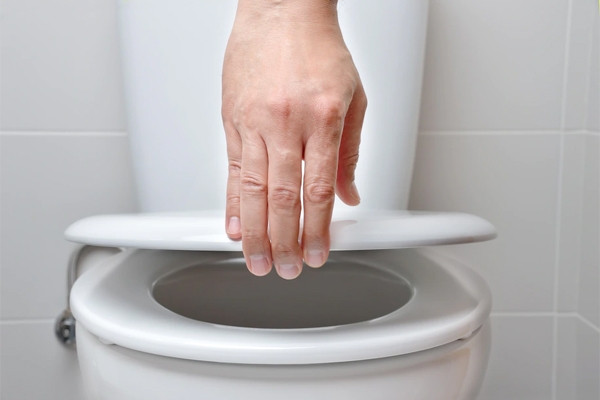Health problems that reduce sperm count
Many health problems and medical treatments can lower sperm count, leading to male infertility.
The production of sperm is a complex process and requires the coordination of many organs such as the testes, hypothalamus, and pituitary gland. After sperm are produced in the testicles, they are mixed with semen and ejaculated out of the penis. Any problem in these organs can affect sperm count. Here are some medical conditions and treatments that can decrease male fertility.
Varicose veins of the testicles
A varicocele is a dilatation of the plexus of the spermatic cord and the varicocele above the testicle. This condition causes blood stagnation, increases the temperature in the testicles and destroys sperm. Varicose veins also interfere with sperm production and storage, and reduce their quality. However, a 2012 meta-analysis of the Cochrane database found that treating varicocele can improve fertility in men.
Infection
Some infections reduce sperm production or affect sperm health, while others cause scarring of the organs and impede sperm movement. All in all, these problems reduce sperm count. Epididymitis, orchitis, sexually transmitted infections… are infections that can increase male infertility.
Ejaculation problems
In some cases, instead of moving out, sperm enters the bladder, called retrograde ejaculation. Various medical conditions can cause retrograde or no ejaculation, including diabetes, spinal cord injury, or bladder, prostate, or urethral surgery. Medications can also cause ejaculation problems, such as alpha blockers used to treat high blood pressure.
Some ejaculation problems can be reversed, others are permanent. In most cases of permanent ejaculation problems, sperm can still be extracted directly from the testicles.
Tumor
Benign tumors and cancerous tumors can both affect the male reproductive organs. They also affect glands that secrete hormones involved in reproduction, such as the pituitary gland. Surgery, radiation therapy, or chemotherapy for cancer can also affect sperm production, reducing sperm count and fertility in men.

Some medications can interfere with ejaculation, reducing the number of sperm released. Image: Freepik
Hidden testicles
During fetal development, one or both testicles do not move from the abdomen to the scrotum, a condition called undescended testicles. Testicles located in the body usually have a higher temperature than testicles located in the scrotum. This affects sperm production, reducing their quantity and quality.
Hormonal disorder
The hypothalamus, pituitary gland, and testes produce the hormones needed to make sperm. Changes in the levels of these hormones and hormones from other systems such as the thyroid and adrenal glands can decrease sperm production.
Defect of the vas deferens
From the testicles, sperm needs to go through many different tubes to get out, including the epididymis, vas deferens, ejaculatory ducts, and urethra. Accidental trauma or surgery, infection, cystic fibrosis, etc. can block these tubes, interfere with the ejaculation process, and affect the sperm count in semen.
Chromosome defects
Genetic disorders such as Klinefelter syndrome cause the male sex organs to develop abnormally, which in turn affects sperm production and quantity. Other genetic problems that can also lead to male infertility include cystic fibrosis, Kallmann syndrome or Kartagener syndrome.
Some drugs
Testosterone replacement therapy, anabolic steroids, cancer chemotherapy drugs, some antibiotics, antifungals, etc. can affect sperm production, reducing sperm count and fertility. male reproduction.
The surgeries
Some surgeries such as vasectomy, inguinal hernia treatment, scrotal surgery, testicular surgery, prostate surgery… can prevent ejaculation and reduce the number of sperm released. In most cases, surgery will be performed to reverse these effects or to extract sperm directly from the epididymis or testicles for artificial insemination.
In addition to health problems and medical treatments, sperm count can decrease due to environmental factors or unhealthy habits such as heavy drinking, smoking, obesity…
Phuong Quynh
(According to Mayoclinic)
at Blogtuan.info – Source: vnexpress.net – Read the original article here



